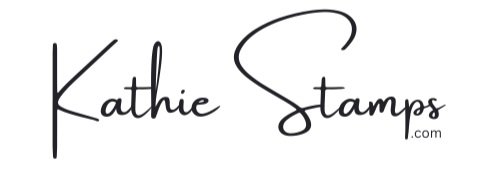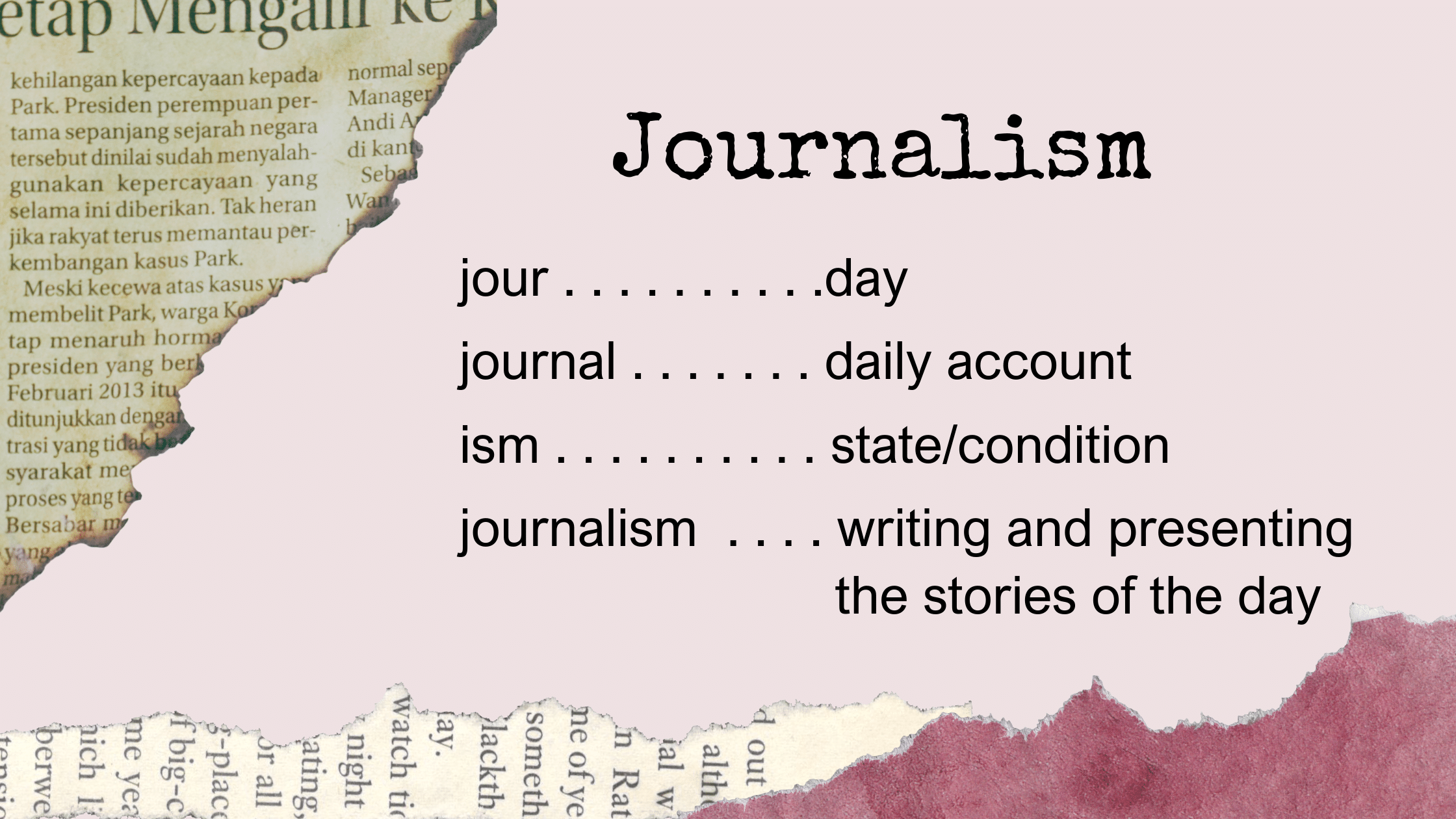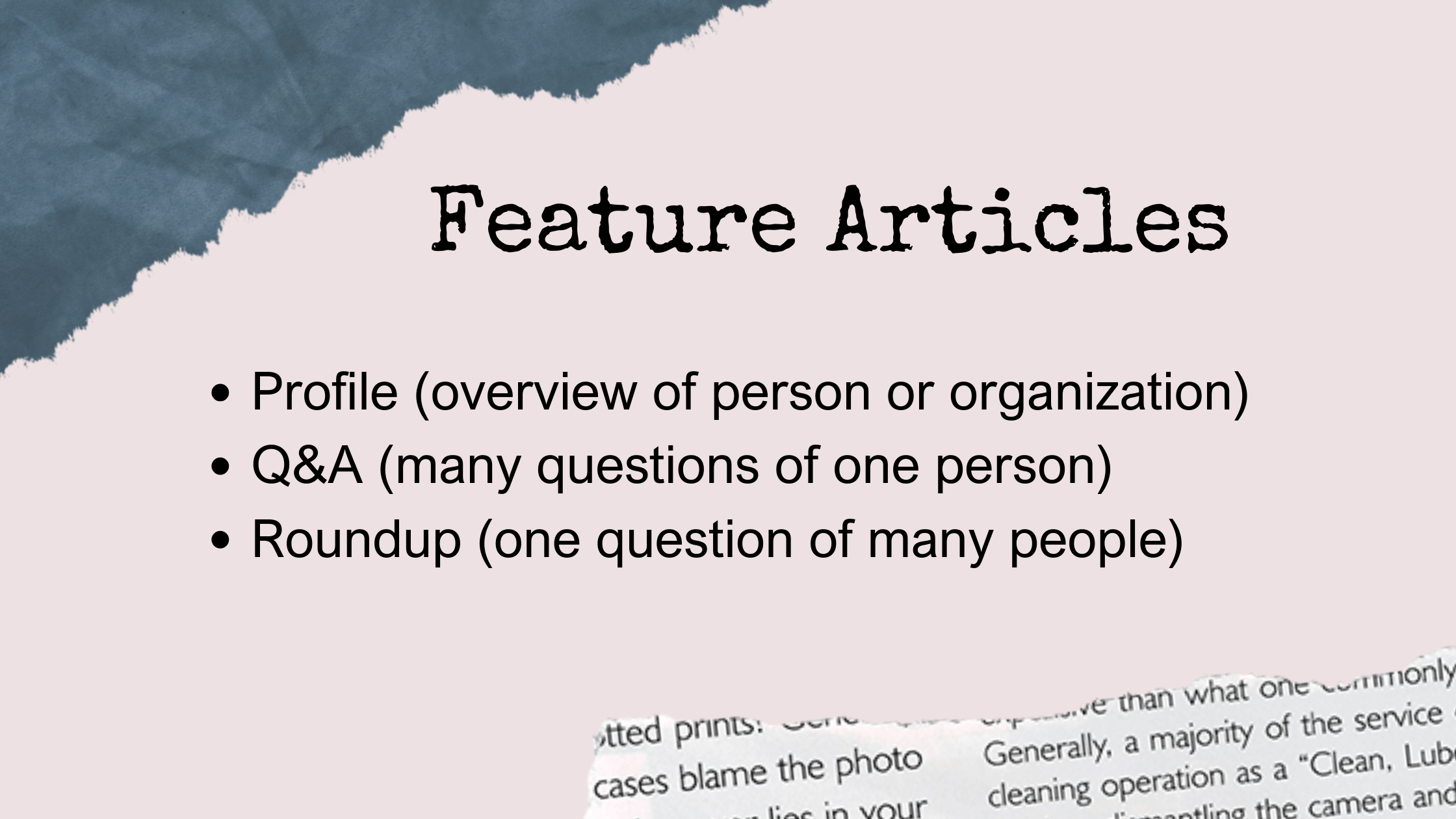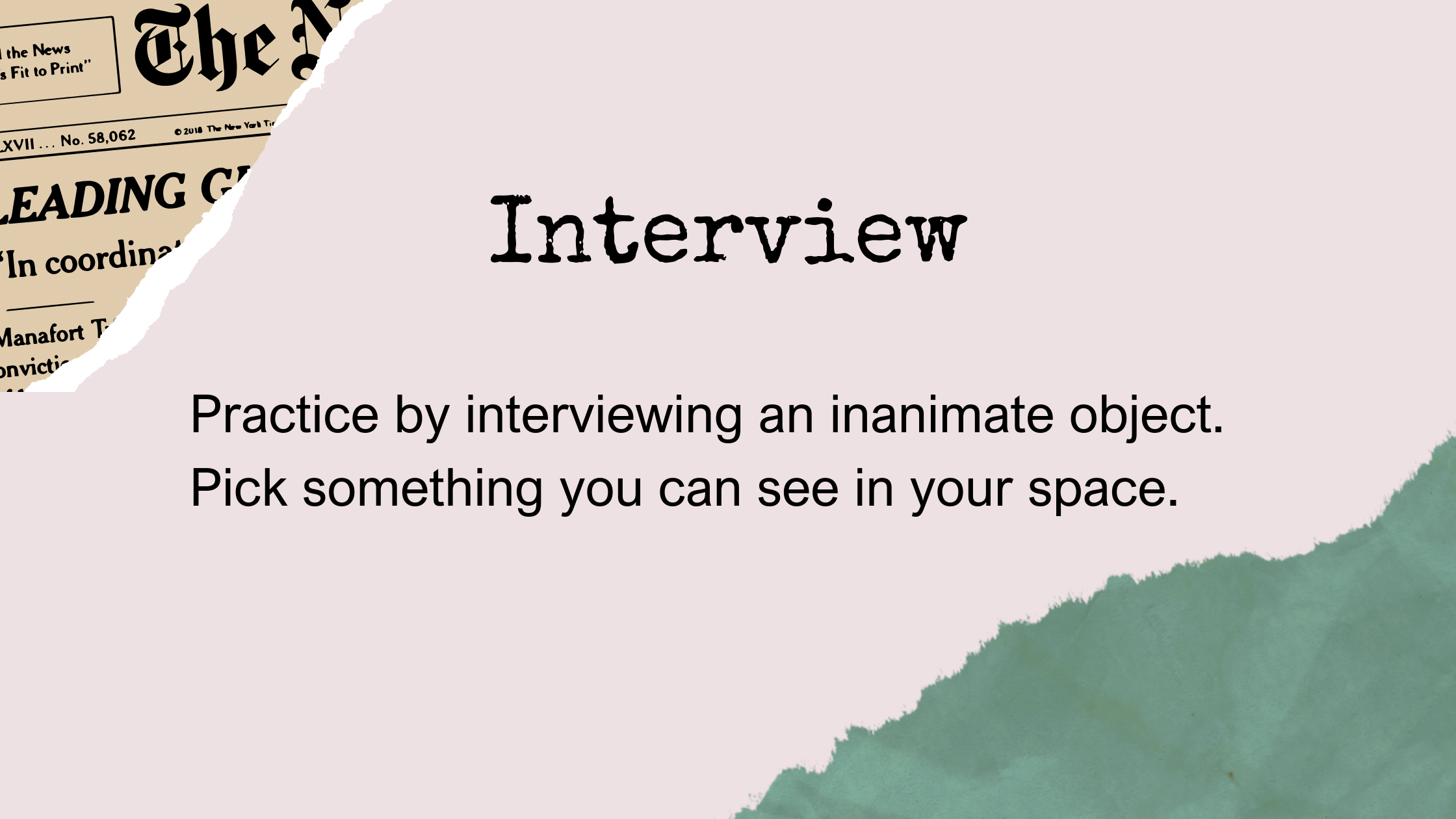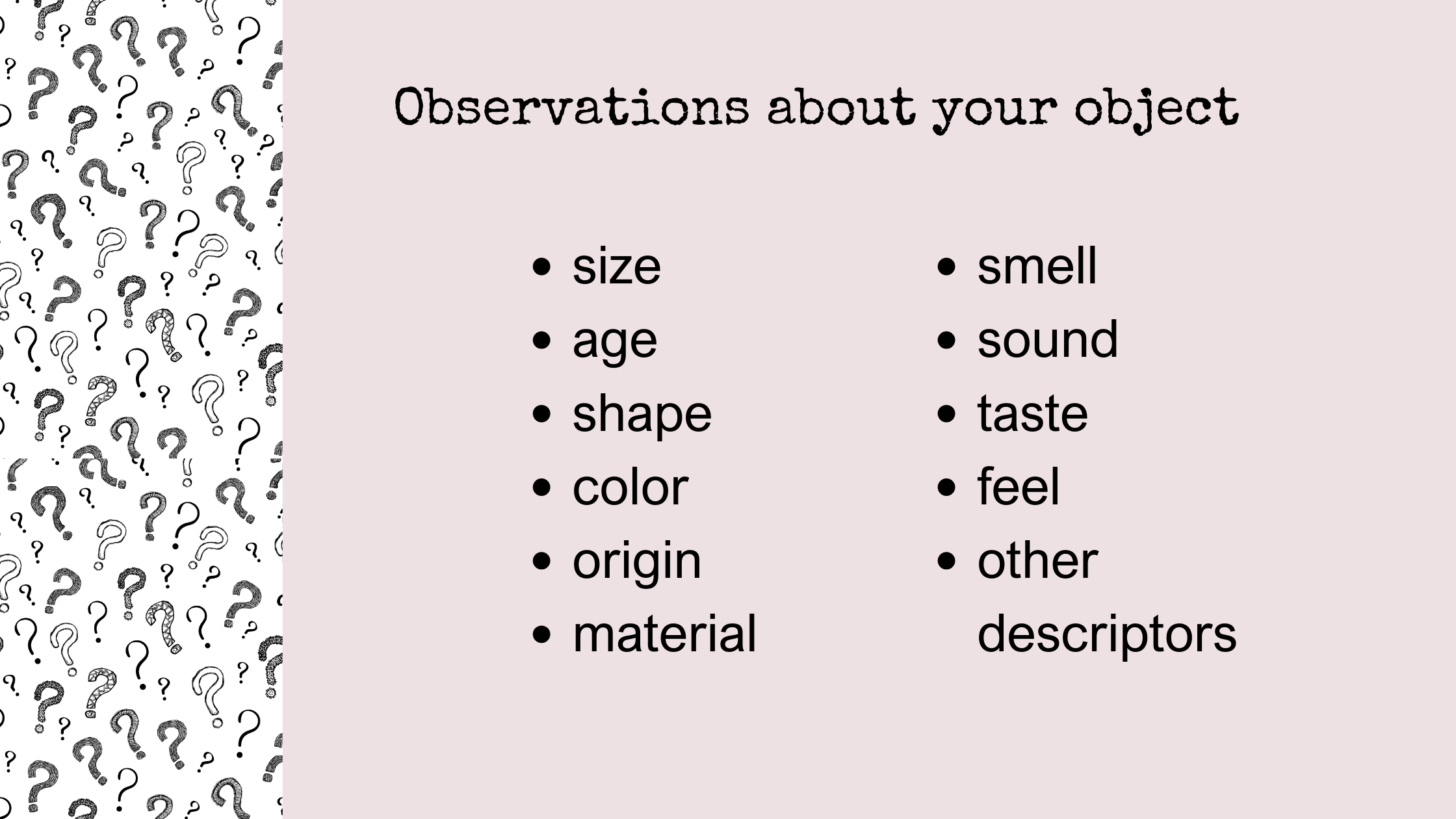by Kathie Stamps
The more you know about nonfiction (who, what, when, where, why, how) the stronger your fiction will be. The better grasp you have on the elements of fiction (plot, conflict, character, dialogue, setting, all those good things) the better your nonfiction will be.
What Does Journalism Mean?
Etymology of the word journalism.
The word jour means day. A journal is a daily account. One definition of the suffix ism means the condition or state of. Put it all together and journalism is telling the stories of the day.
Ask Questions
The foundational questions of journalism: who-what-when-where-why-how.
The order doesn’t really matter, especially in an interview or in your own note-taking. This is the order I memorized: who-what-when-where-why-how. Alphabetical works too.
When you tell someone what happened the other day, you can get tripped up on when “the other day” was. Sometimes you do this, admit it! I do it all the time. “It was last Wednesday, no Thursday, oh I don’t remember, pick a day.”
We need to be grounded, to feel centered. Establishing when and where something took place is one of the factors of good storytelling.
Let’s Practice Writing Articles
What kind of feature article are you writing?
Profiles are pretty common everywhere. An overview of a person, business, organization, even a theme or topic. Who-what-when-where-why-how are the building blocks of a profile. Again, the order is up to you. Or up to the story, as it unfolds.
A question-and-answer article, Q & A, has an introductory paragraph. Overview of when/where, e.g., would be great here, so you don’t have to use up valuable real estate with “When did you start your company?” “Oh, it was in 2019.”
Speaking of interviews, they can take place in person, on the phone or other electronic devices, and in email or other written communication. The interviewee is either going to talk or type. You, as the interviewer, are going to talk AND LISTEN while typing or scribbling or recording, or you’re going to type up your questions and maybe follow up after you get responses.
Let’s Start Interviewing
Interview your couch or your dog or something. Practice on an inanimate object (or nonspeaking animal) before you start interviewing actual people.
Have fun and answer questions in first person. What does your object think it does and what does it think of its existence?
In an article, a good quote is something only your subject matter expert could say. As the writer, you can research all day long, but you can’t (shouldn’t) speak on behalf of anyone else.
Did you know there’s a natural order of adjectives? (Something I learned from Pinterest, not a college journalism class, oops.)
Quantity
Opinion
Size
Age
Shape
Color
Origin
Material
We don’t talk about blind three mice, but Three Blind Mice. Red little Corvette? No, Little Red Corvette. Fascinating trivia.
The senses also provide great observations. When you’re out and about, working on a piece, what do you see? What sounds do you hear? Depending on your topic and if you’re writing in first person, maybe your spidey senses make it into the article?
In this practice piece, pick any of these and write down what you are observing about your inanimate object. Get a feel for what’s too much and what’s not quite enough for a practice article.
“What do you wish people knew” is a good question for many types of articles. It’s open-ended and allows for the subject to speak up and out. You could phrase it as “What’s something I should have asked but didn’t?” For some reason, either of those seems to be more thought-provoking than “Anything else you want to say?”
Ask Me Anything
AMA
Any writing-related questions? Or writing-adjacent? Use this handy-dandy COMMENT feature and let’s talk!
